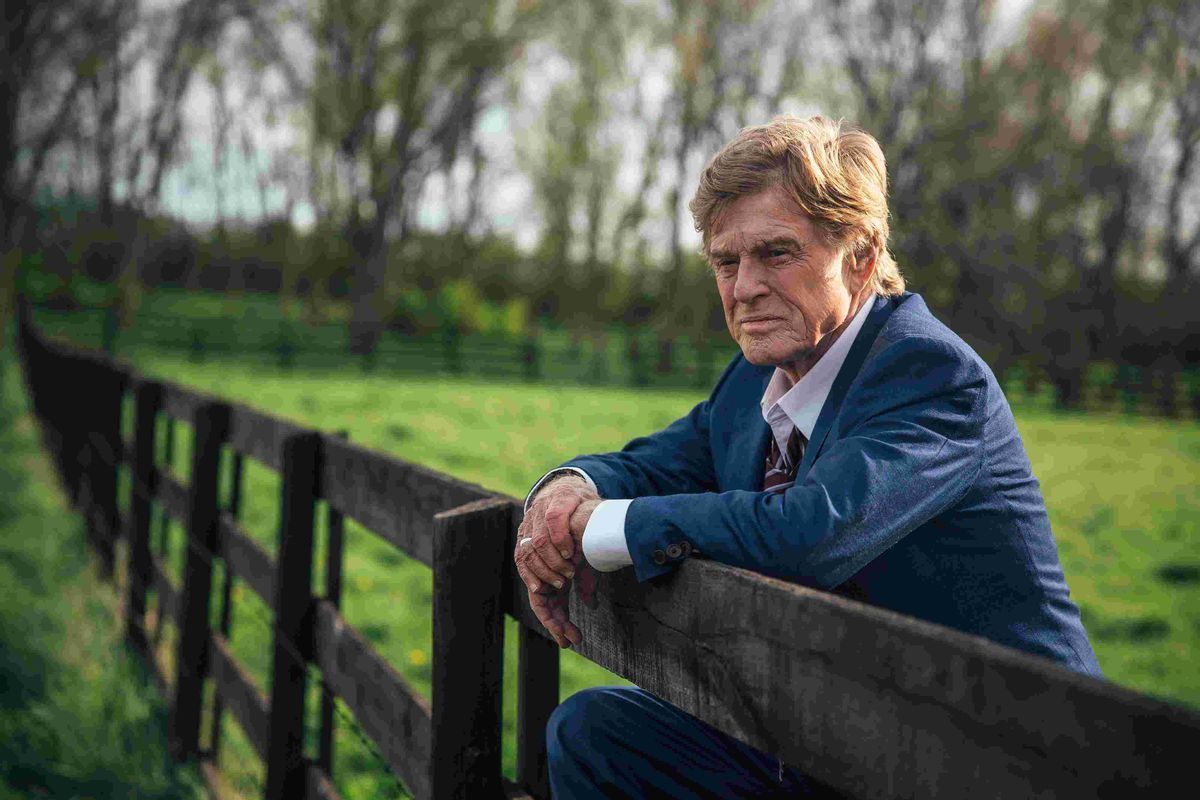A career defined by film, direction, and activism
Actor and filmmaker Robert Redford passed away at the age of 89 at his home in Utah. Considered one of the most influential figures in American cinema, his career spanned over eight decades, leaving a lasting impact on both Hollywood and independent film.
Early artistic ambitions and rise to stardom
Born in Los Angeles to a working-class family, Redford initially pursued painting, studying art in Europe and later in New York at the Pratt Institute. His path shifted toward acting through theater, where he gained recognition in Barefoot in the Park, later adapted into a film alongside Jane Fonda.
By the 1960s, he had appeared in several television productions and rose to international fame with Butch Cassidy and the Sundance Kid (1969), co-starring Paul Newman. The film’s success led to a series of acclaimed works, including The Sting, The Way We Were, All the President’s Men, and Jeremiah Johnson.
Acclaim as a director and commitment to independent cinema
Redford made his directorial debut with Ordinary People in 1980, which won the Academy Award for Best Picture and Best Director. In 1981, he founded the Sundance Institute, which became a pivotal platform for independent filmmakers and helped launch the careers of several acclaimed directors.
Activism and cultural influence
Beyond the screen, Redford was deeply engaged in environmental causes and the defense of Indigenous rights. He often criticized the culture of celebrity, emphasizing the need to focus on substantive social and political issues rather than superficial recognition.
Redford’s legacy is defined by his contributions as an actor, director, and advocate for independent cinema, as well as his enduring commitment to art and society. He remains a transformative figure whose influence shaped multiple generations of filmmakers and audiences alike.



